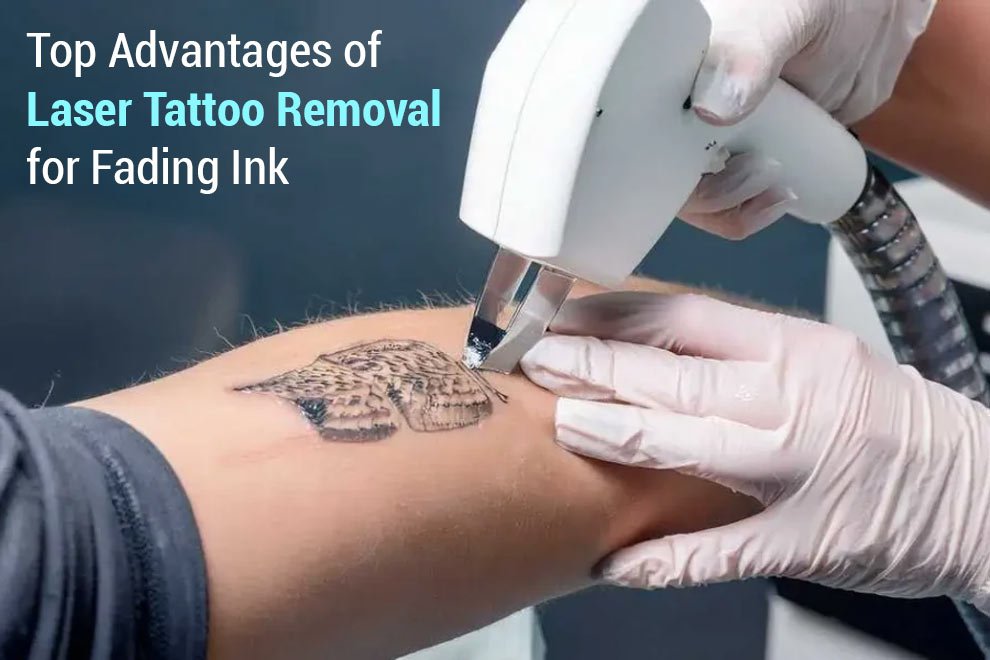If you’re a budding law student deciding on which career path to take once your studies are complete, it can be difficult knowing where to start. From criminal law and corporate law to commercial law and construction law, there are plenty of areas to choose from when deciding on a discipline or specialism. One of the most popular and rewarding areas of law to break into as a new lawyer is clinical or medical negligence law, where practitioners are required to consider complex moral questions and seek justice for those who’ve suffered negligence at the hands of a medical professional.
What is medical negligence law?
Medical or clinical negligence occurs when a qualified medical professional (whether that be a doctor, nurse or carer) fails in their duty of care. This could be due to misdiagnosis, misprescription, a surgical error or a failure to adequately address the needs of a patient. If you’ve suffered an injury or illness as a result of a misdiagnosis or error on the part of your doctor, you could be entitled to make a medical negligence claim against the offending party. It is the job of medical negligence lawyers and solicitors to seek reparations or compensation on the behalf of those affected.
How prominent is medical negligence as a legal field?
With the NHS facing increasing pressure in terms of staffing, manpower and finance (problems exacerbated by the onset of the COVID pandemic), there has been an unfortunate rise in reported cases of medical negligence in the UK – even as far back as 2016 – 2017, a marked increase in negligence cases led to the NHS paying out a whopping £1.7 billion to affected patients. With rising numbers of cases, we’ve seen an increased demand for professionals in the medical negligence field; this means that an increasing number of new lawyers are deciding to focus on medical negligence as part of their career trajectory when they graduate.
What are the academic requirements?
Because the medical field is vast and varied in terms of niches and specialisms, the area of medical negligence law you choose to get into can depend on your specific knowledge and experience. As a general rule, candidates must demonstrate a proficiency in maths and science – biology is particularly important due to the fact that many negligence cases focus on detrimental effects on the human body. In order to bolster your law degree for a career path in medical negligence, it’s recommended that you pursue a masters in healthcare and focus your studies on a specific area of practice.
Key qualities for success as a medical negligence lawyer
As well as academic prowess and specialist knowledge, a successful medical negligence lawyer must demonstrate a variety of qualities and character traits. You’ll need to be resilient and highly organised; you’ll need to show commercial awareness and you’ll need to develop top-notch communication skills to converse with your clients. Most of all, you’ll need to be an empathetic person with impeccable bedside manner – you’ll often be dealing with clients who’ve suffered serious physical and mental harm, so it’s essential that you’re capable of providing a balanced service whilst nurturing the wellbeing of your clients.
ALSO READ: Preparing For Law School: Top 6 College Degrees To Consider










